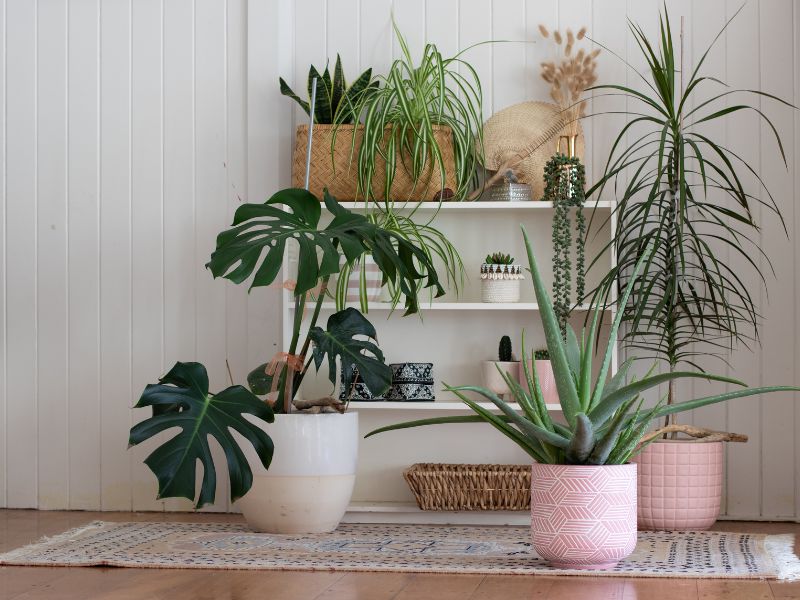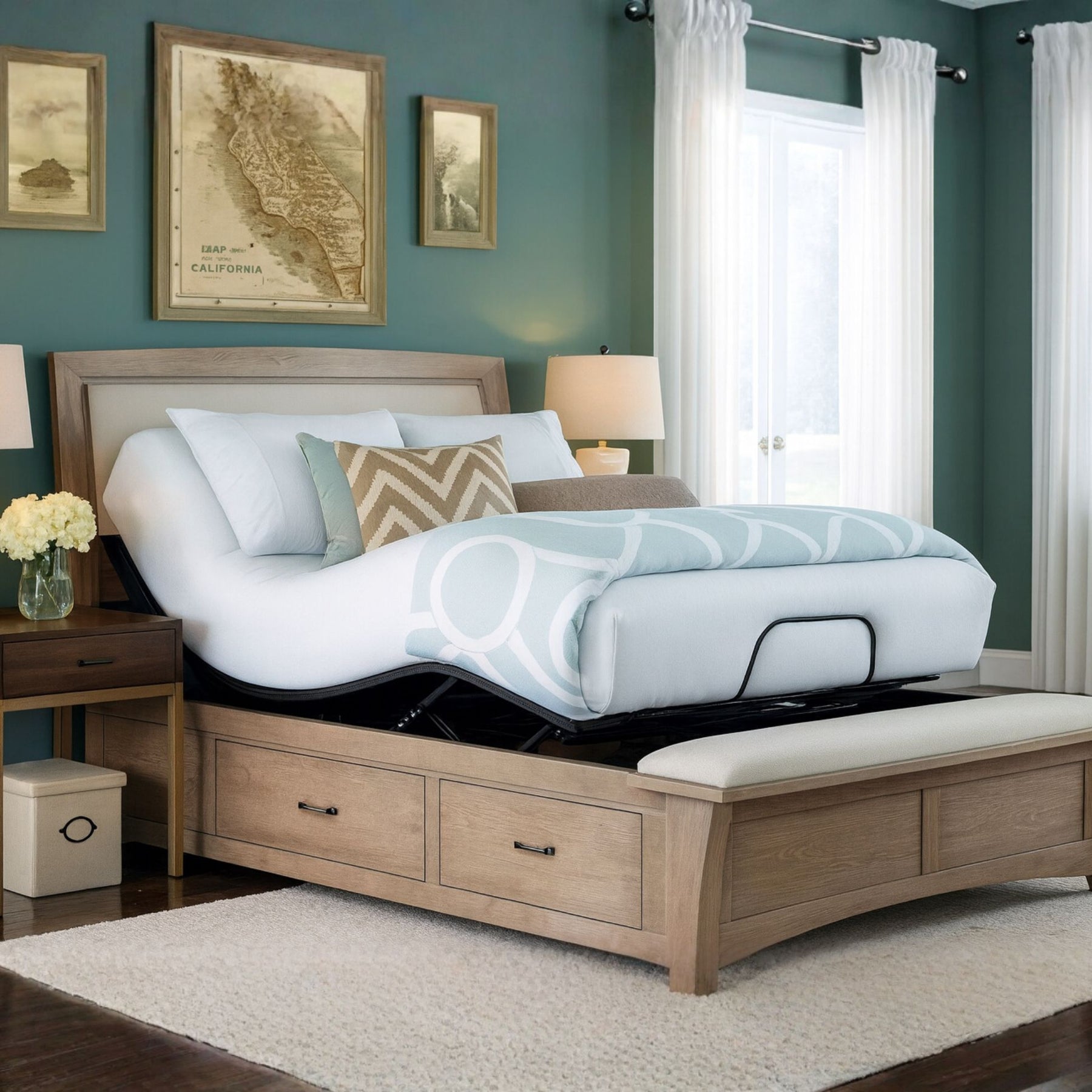The holiday season brings joy and festivities, but it can also disrupt our normal routines, particularly when it comes to sleep.
Quality sleep is essential for maintaining good health, yet getting restful sleep can be a challenge with the increased activities, stress, and potential travel that go with the celebrations. The disruption to our daily schedules, combined with the temptation of rich foods and late-night events, can have a significant impact on our ability to get the recommended 7-9 hours of sleep per night.
To ensure sleep does not fall by the wayside during the holidays, it's important to prioritize sleep hygiene.
This can involve maintaining a consistent sleep schedule, creating a sleep-conducive environment, and being mindful of diet and exercise. Engaging in regular physical activity during the day can improve sleep quality at night as it helps burn off excess energy and reduce stress. It’s also beneficial to monitor the intake of caffeine and sugar, especially closer to bedtime, to prevent any disturbances in sleep patterns.
With a few adjustments, it is possible to enjoy the festivities of the season without sacrificing rest.
Establishing a relaxing bedtime routine can signal to the body that it is time to wind down. This could include activities such as reading, taking a warm bath, or practicing relaxation techniques.
By taking the right steps, you can achieve quality sleep during the holidays, so that the season is enjoyed with energy and good cheer.
Establishing a Relaxing Sleep Environment
Creating an ideal sleep environment is a blend of maintaining suitable room temperature and minimizing sleep disruptions from noise and light. It involves specific steps to make the bedroom conducive to restful sleep.
Optimizing Bedroom Comfort
Your sleep environment should be welcoming and comfortable.
Temperature plays a pivotal role in sleep quality, and most experts suggest setting the bedroom between 60 to 67 degrees Fahrenheit for optimal rest. Individuals can adjust their thermostat or use breathable bedding to achieve this temperature. Supportive pillows and a comfortable mattress are also essential to prevent discomfort that could disrupt sleep.
Minimizing Noise and Light Disturbances
To further enhance your quality of sleep, you should reduce noise and light disruptions.
Using earplugs can effectively block out unwanted sounds. Alternatively, a white noise machine helps to mask disruptive noises with soothing sounds.
Controlling light is equally important; using sleep masks or blackout curtains ensures darkness, signaling the brain that it’s time to rest. For those sensitive to light and sound, these tools can significantly improve sleep during the bustling holiday season.
Cultivating Healthy Sleep Habits
Establishing consistent and healthful sleep practices is crucial for maintaining your well-being, especially during the festive but hectic holiday season.
Aligning Sleep with Natural Rhythms
Your internal clock, or circadian rhythm, plays a vital role in sleep quality. To sync with your natural sleep patterns, you should maintain a regular sleep schedule by going to bed and waking up at the same time each day, including weekends. Exposure to natural light during the day and darkness at night can enhance the production of melatonin, a hormone that signals the body's readiness for sleep.
Adapting to Travel and Time Zone Changes
When traveling across time zones, it's important to adjust sleep routines to align with the new destination. Gradual adjustments leading up to a trip and immediately upon arrival can reduce the impact of jet lag.
Short naps or strategic exposure to sunlight can assist in resetting your internal clock to the holiday destination.
Balancing Holiday Activities and Rest
Holiday obligations and events can disrupt regular sleep patterns. By prioritizing sleep and establishing a calming bedtime routine, you can decrease the fatigue caused by activities like holiday parties. Even during this busy time, a balance between rest and social engagements is key. Most individuals should aim for 7-9 hours of sleep each night to maintain health and energy levels.






















